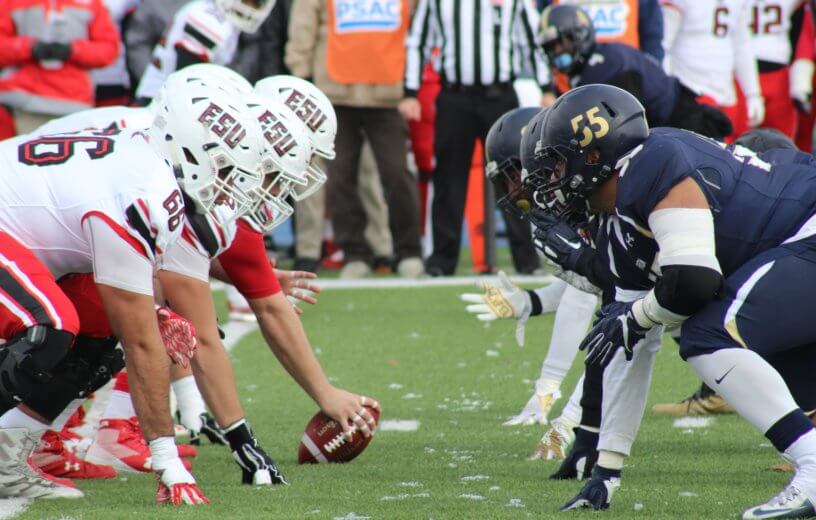DURHAM, N. C. — Hyping one team or athlete over another sells tickets in professional sports. That being said, a study by Duke University finds that if the players on the other side of the field pay too much attention to all the buzz, it will negatively affect their performance.
The study included over 117,000 professional tennis matches and over five million online amateur chess matches. The results showed that even when competitors are evenly matched, players perform worse, on average, if they know their opponent has been climbing in rank and generating buzz from the media.
Hot players gather what is being called “status momentum,” according to lead author Dr. Hemant Kakkar, assistant professor at Duke’s Fuqua School of Business.
According to Dr. Kakkar and his team, status momentum isn’t only defined by media coverage. A young, up-and-coming athlete quickly rising the ranks in a pro sport is incredibly threatening to established athletes. This holds true even among seasoned players who actively engage in mental training to excel in high-stakes situations.
“Our experiments suggest this is because people take the physical laws of momentum into their mental landscape,” Dr. Kakkar says in a media release. “For instance, they know a ball rolling downhill will keep rolling until someone applies a force to stop it. They do the same mental gymnastics or mental calculations about a competitor. They tend to think, yeah, this person will keep moving up. Because of this, they start feeling threatened and their performance tends to suffer.”
For example, tennis players committed more double-faults while facing opponents with status momentum. In this case, the unforced nature of that error suggests a crack in the player’s mental strength, according to the researchers.
This research serves as an interesting addition to the “hot hand” theory regarding strong performance and subsequent recognition in sports. This theory states that if a player performs well during one game or play, his or her confidence will increase, making it more likely that they will succeed again in the future. This study, of course, takes a look at how the “hot hand” effect influences the players on the other side of the game.
Additionally, the research team performed another assessment with 1,800 online research participants. Subjects were presented with several competitive scenarios, and then asked to measure how threatened they felt across each situation. Almost universally, participants were more threatened by opponents with upward momentum than by competitors with no momentum and the same rank.
If you’re about to step on the field against an opponent with some buzz, consider these two strategies that were found to mitigate the effects of hype: remind yourself of your own skills and strengths, or find a way to doubt or disprove your opponent’s momentum and positive buzz.
“Once you present people with some kind of doubt to the veracity of the rankings, such as a clerical error that affected the rankings, that alleviates some of the adverse effect of the opponent’s momentum,” Kakkar says. “We are generally motivated to think more favorably about ourselves, so when given a reason to doubt others – even a slight one – we tend to think, maybe this person isn’t actually that good, and that can change how threatened we feel.”
The study is published in the Proceedings of the National Academy of Sciences.
